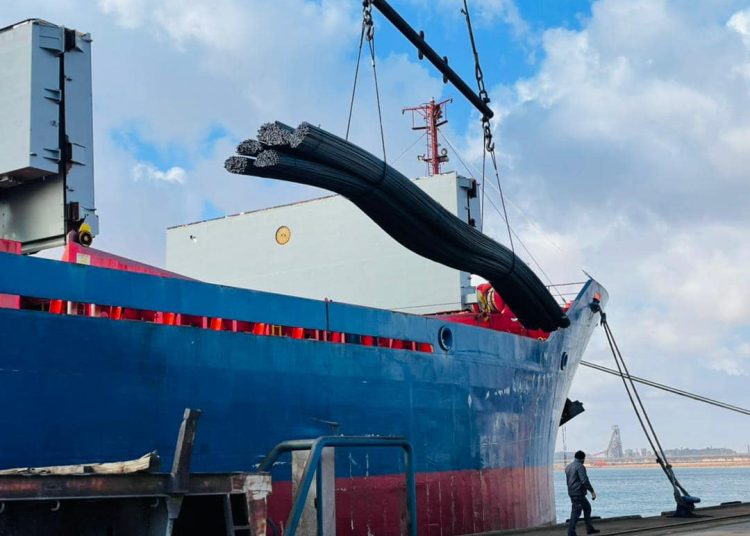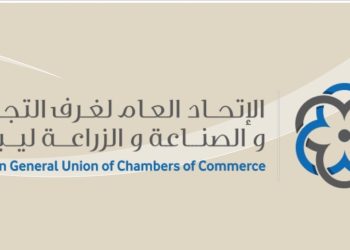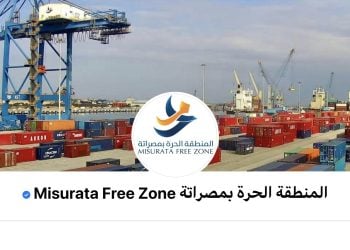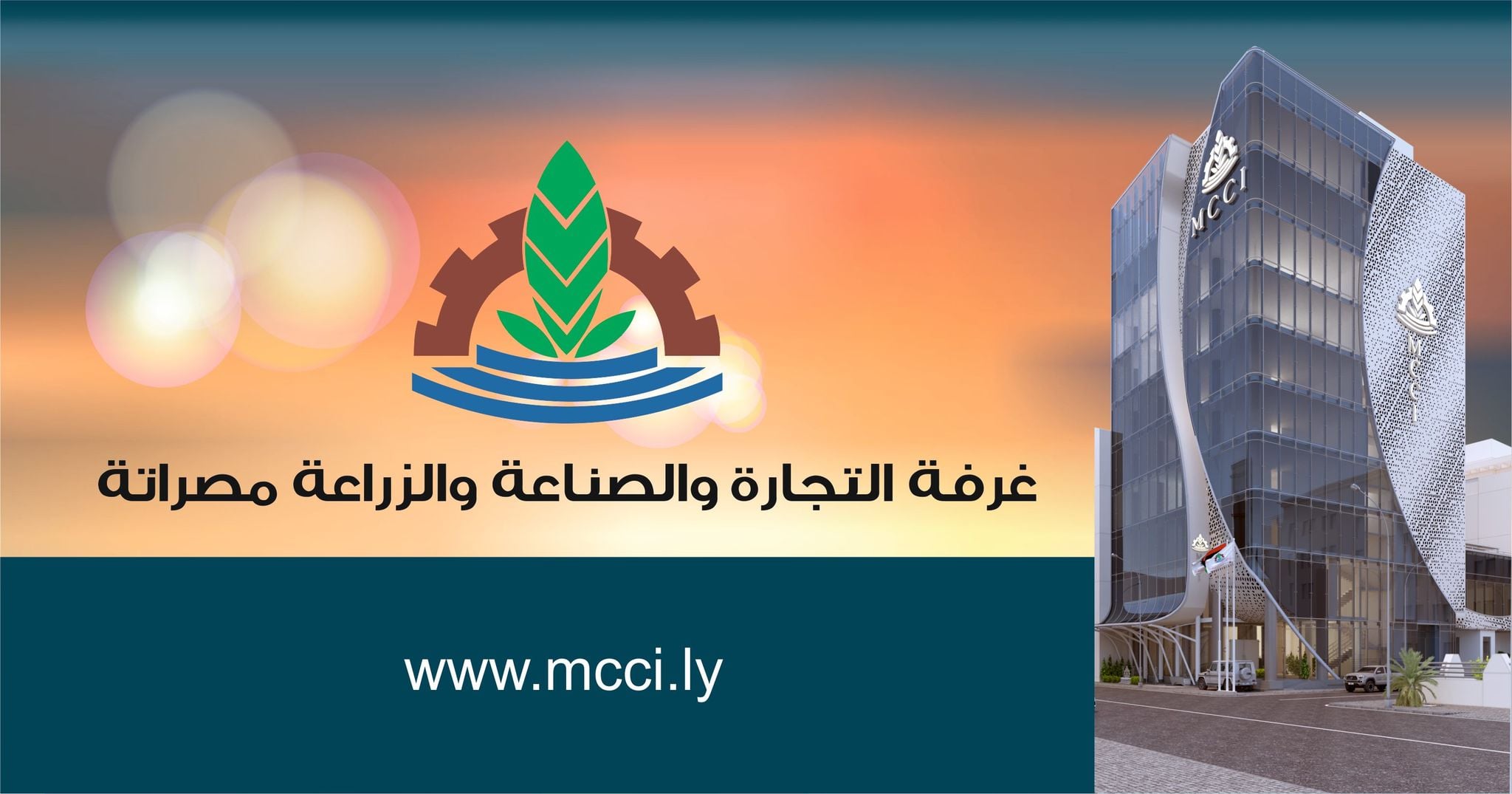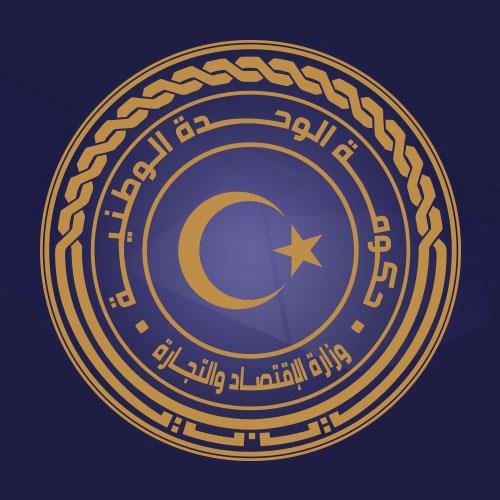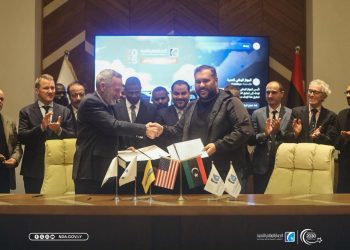The Misrata-based state Libyan Iron and Steel Company (LISCO) announced Sunday that it is loading on board the “Lady Divina” 17,500 tons of reinforcing steel for export to Albania as part of a 100,000 plus ton worldwide export plan.
Previous exports to Albania
LISCO’s spokesperson, Mahmoud Al-Khamaria, confirmed to Libya Herald Sunday that this is not the first time that iron products have been exported to several countries in the world – with Albania an export destination over the previous years.
38 export destinations
He confirmed that over several years LISCO has exported to 38 countries as part of LISCO’s marketing plan since 1989.
Exports must be approved by the state
Al-Khamaria pointed out that LISCO products are not exported except after obtaining the necessary approvals from the competent sovereign authorities. Exports are only permitted after the local market for reinforcing iron, in particular, has been satisfied and local prices stabilized. This is what actually happened regarding the export of this quantity to Albania, he added.
Increased production due to uninterrupted supplies of gas and electricity
He explained that the stability of prices in the Libyan market is due to the increase in the production of reinforcing steel and the rest of the other iron products due to the significant improvement in the electricity situation and its non-interruption and the to a lesser extent the improvement in the situation of natural gas supplies. This, he continued, reflected positively on the conditions of iron production in general and helped to reduce prices locally.
Less local demand, increased stocks and boom in global prices
Al-Khamaria said the local market is largely satisfied with reinforcing steel, especially in light of the suspension of state projects that need large quantities of it. The decrease and lack of private sector projects has led to a build-up in production, prompting the company to think seriously about exporting to take advantage of the boom in global iron prices.
High global prices earn hard currency to pay for materials
He added that the resumption of reinforcing steel exports comes as part of a plan to take advantage of its high prices globally. These bring good hard currency returns to the company and to the national economy. This is important as iron production is linked to inputs and iron ore 90 percent of which is imported from abroad by in hard currency.
Lower Libyan iron prices are an advantage
Al-Khamaria explained that international prices of iron, according to the iron stock exchange, are high, and the price of iron in Libya is low and less than the global price. This, he added, is considered a good opportunity for export. Therefore, currently there are approximately 72,000 tons of rebar ready for export, and 64,000 tons of (HBI), which is used for hot-rolled iron, which is a high-quality iron ore.
It is worth noting that the in November 2018 LISCO opened its new factory within its complex which has a production capacity of about 800 thousand tons of reinforcing steel per year. This is currently operating at less than its maximum capacity due to the quantities of production available to the company.
LISCO exports 5,800 tons of hot rolled coils to Egypt (libyaherald.com)
Libyan Industrialists Conference 13 November, LISCO, Misrata (libyaherald.com)
LISCO to increase production by 200,000 tons per annum (libyaherald.com)
LISCO ships 650 tons of scrap (libyaherald.com)
